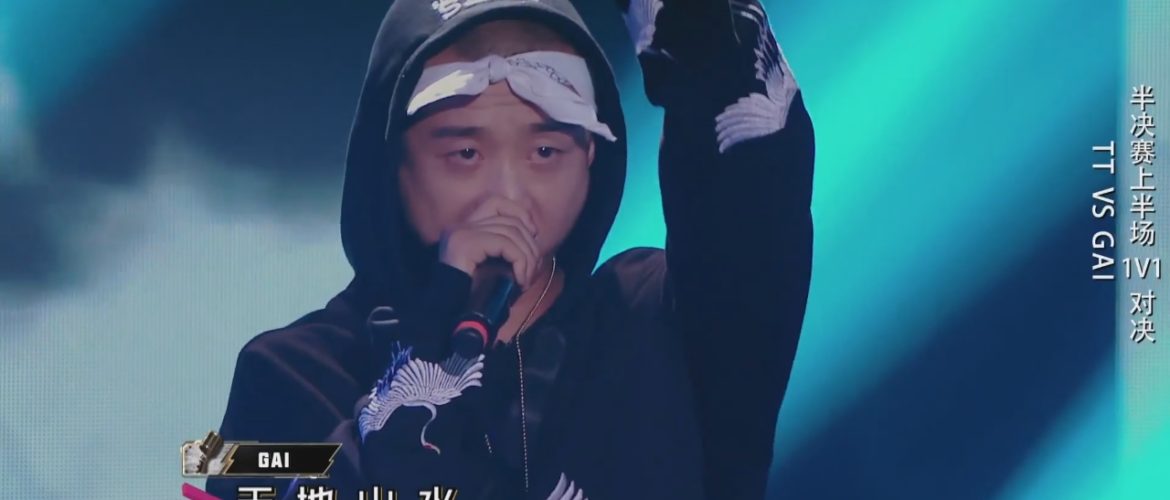According to Sina, a Chinese news outlet, The country’s top media regulator — the State Administration of Press, Publication, Radio, Film and Television of the People’s Republic of China (SAPPRFT) — now “specifically requires that programs should not feature actors with tattoos [or depict] hip hop culture, sub-culture (non-mainstream culture) and dispirited culture (decadent culture).”

Gai Performing
China has really restrictive internet protection called the “Great Firewall,” which blocks Facebook, Twitter and YouTube, and various other socializing apps/websites. The Great Firewall is the combination of legislative actions and technologies enforced by the People’s Republic of China to regulate the Internet domestically.
[youtube https://www.youtube.com/watch?v=24l7vZb6o9M&w=560&h=315]
There were four “don’ts” that the media must now abide by, according to Gao Changli, the publicity department director at the State Administration of Press, Publication, Radio, Film and Television of the People’s Republic of China (SAPPRFT).
”Absolutely do not use actors whose heart and morality are not aligned with the party and whose morality is not noble,” he said.
“Absolutely do not use actors who are tasteless, vulgar and obscene. Absolutely do not use actors whose ideological level is low and have no class. Absolutely do not use actors with stains, scandals and problematic moral integrity.”
[youtube https://www.youtube.com/watch?v=D1N-sBKQhts&w=560&h=315]
The ban comes after the removal of the prominent rapper GAI, whose real name is Zhou Yan, from Hunan TV’s ‘Singer,’ a music competition show. Clips of GAI are removed from China Hunan TV’s official Youtube Channel. Although he was removed, GAI does however appear in the show’s trailer below.
Newsweek reports that, “The latest censorship move comes as Chinese rapper PG One has engaged in a firestorm of criticism over his 2015 track “Christmas Eve” that remerged online, according to Chinese state-run agency China Daily. The track—which critics say encouraged drug use and disparaged women—received backlash from officials and resulted in the artist, known as Wang Hao, to publically apologize earlier this month.”
In October 2017, Xi Jinping (General Secretary of the Communist Party of China) ushered in a “new era” of politics and power as he outlined his vision of “total control.” He also called on his party to “tighten its grip” on everything from the economy to the internet and culture. Upon Xi’s new term, a stronger wave of patriotism was felt, subsequently amounting to new laws, amendments to existing crackdowns and swifter punishments in the works.
